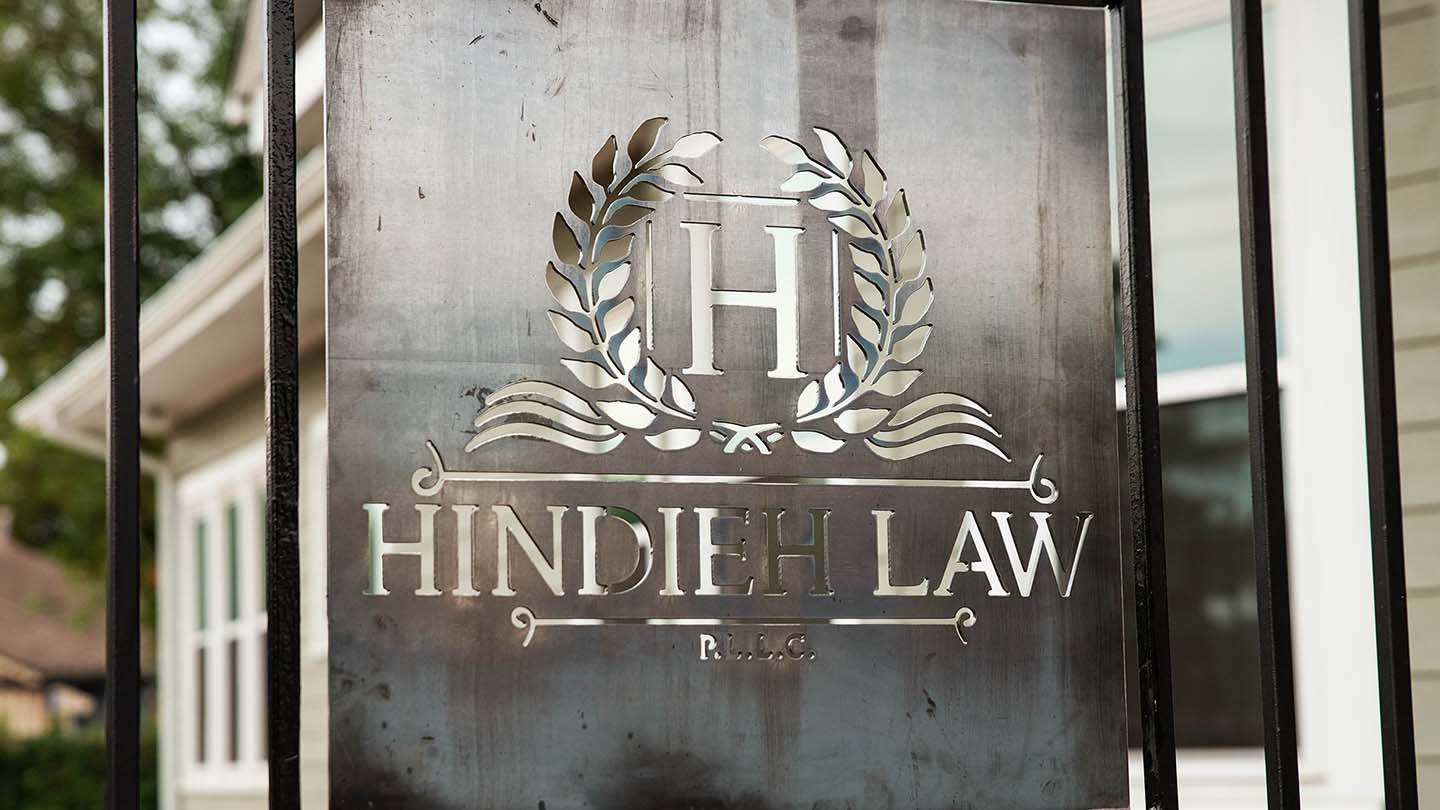With a new year upon us we reflect on ourselves and where our lives and careers are taking us. One thing many people think about is their past catching up to them. Many people are not aware of the options available to them in Texas for clearing up their criminal history. Let’s delve into this a little deeper.
In Texas, there are many ways a person can dispose of their criminal case. They can take it to trial or plea it out. Many have their cases dismissed either because the State knew it couldn’t prove the charges or because the defendant entered into an agreement with the state to obtain a dismissal of his/her case in exchange for certain treatment or terms. Based on the type of dismissal, a person is entitled to an expunction of their offense form their record either immediately or after the statute of limitations runs. An expunction clears the charge from the person’s record entirely.
Often times, a defendant can be sentenced to jail/prison or community supervision. Community supervision is often times called “probation” – which is a jail sentence that is probated and so the person in convicted but is placed on probated jail sentence of community supervision. Another form of community supervision is what’s called “deferred adjudication”. Deferred adjudication is when a person pleas guilty or no contest and the judge accepts their plea, but makes no finding of guilt, and instead places them on deferred adjudication. If a person successfully completes deferred – they are entitled to a petition for non-disclosure. A non-disclosure seals the person’s record from the public, but will still be viewable by the government. It is a good option for those that work in the private sector, but may not be a sufficient results for someone who say, wants to work for the secret service.
Expunctions vs. Non-disclosures: The differences
As mentioned above an expunction is entitled to those who have had their case(s) dismissed or where they were acquitted by a jury. A dismissal is the second greatest outcome in a criminal case behind only an acquittal (found not guilty) by a jury. An acquittal means “actual innocence.” A dismissal means typically that the state terminated the prosecution, either because of a lack of the ability to make a prima facie case, in the interests of justice, due to some defect in the charging instrument … or in the case of a “conditional dismissal…” whereby the defendant and the state draw up a contract and the state agrees to dismiss the case after the defendant satisfies certain parameters.
When someone petitions to expunge their record with an expunction that means that the case is being removed from their governmental record. All state actors (sheriff, police department, district attorney) and even the FBI is ordered to dispose of all records of the case. This wipes the charge entirely form the person’s record. It is a sure-fire method for those who want a clean record, but again, it only applies to those who have been acquitted of the charge or who have had the charge dismissed.
When someone successfully completes deferred adjudication, that person is entitled (after a waiting period) to seal or “non-disclose” their charge that they were successfully discharged from at the end of community supervision. An “unsuccessful discharge” is when someone completes deferred adjudication to the dissatisfaction of the court (they did not complete certain terms or they picked up a new and unrelated offense while serving community supervision), and they are not entitled to a non-disclosure. Those that are successful can obtain a non-disclosure. A non-disclosure seals the charge from the public view – but it DOES NOT delete it from the government. This means the police, prosecutors and government background checks will be able to see the charge even after it is non-disclosed by way of a petition for non-disclosure. It’s still a good result, and may be perfect for those working in the private sector that don’t want an employer to see an embarrassing charge come up on a background check.
The limits of expunctions and non-disclosures
We know that expunctions order the government to delete all traces of a charge, and we know that non-disclosures order the government to seal the records from the public view … but what do they NOT do? Well, the court can only typically order the government to do something, it is a different story when trying to order a private company or person to do the same thing – mostly because of freedom of speech. You see, when people are arrested, often times private companies will keep this public information that is available for a time and hold that information for background checks and whatnot. They keep mugshots, the listed offense charged, and other vital information. Often times, an experienced attorney can include the top private companies in a petition to erase that info, but many times it is difficult to evaporate all traces of private information.
We at Hindieh Law have a lot of experience with petitions and non-disclosures. We have obtained phenomenal results. Ray Hindieh is highly experienced in expunction and non-disclosure law. Often times other attorneys will call Ray to get his advice on how best to handle issues with an expunctions or non-disclosures. If you believe that you may be entitled to an expunction or a non-disclosure call Hindieh Law today for a consult. We will evaluate your eligibility. We can prepare the petitions and file them on your behalf, giving your public record (and your job prospects) a significant boost.






